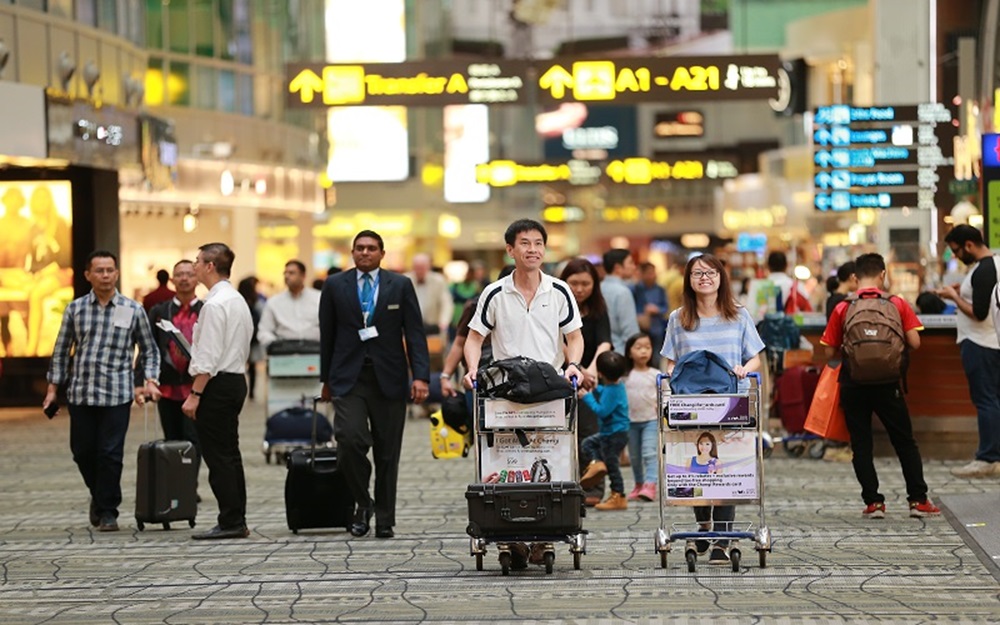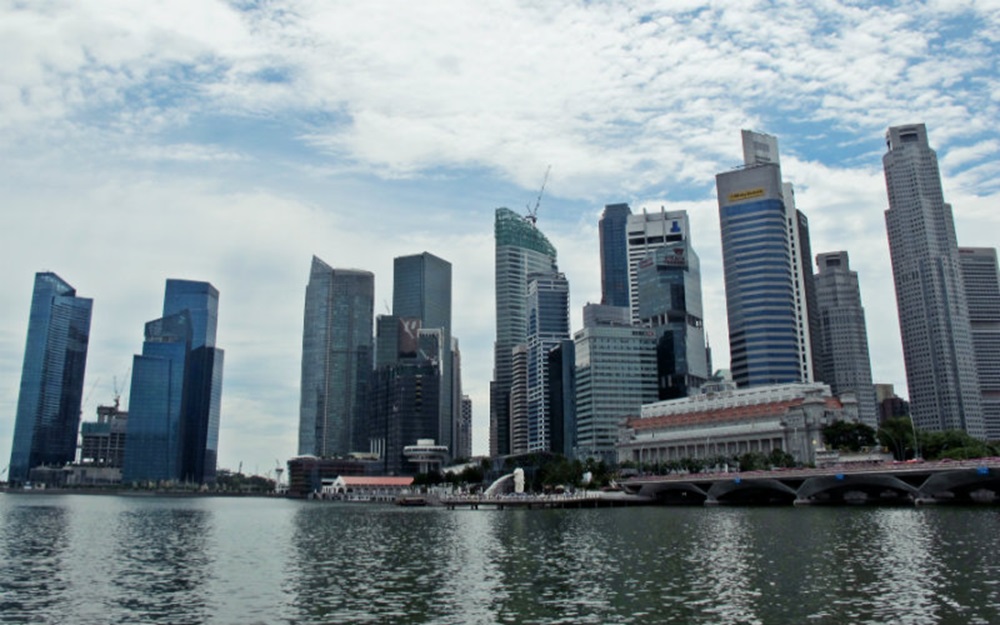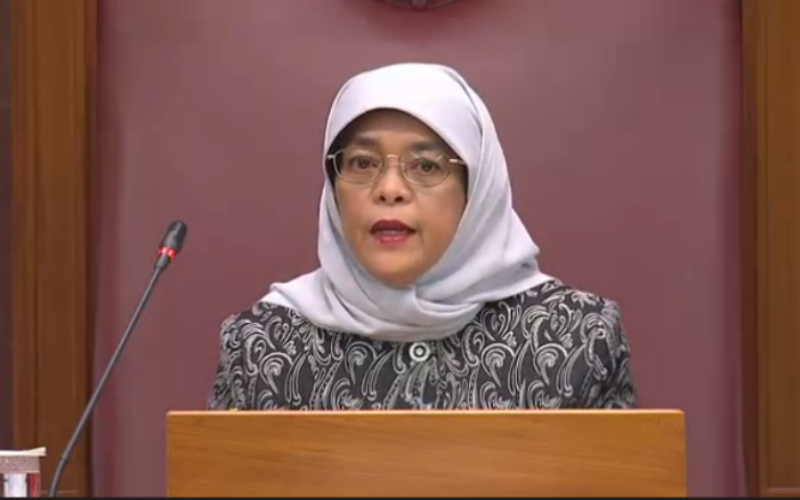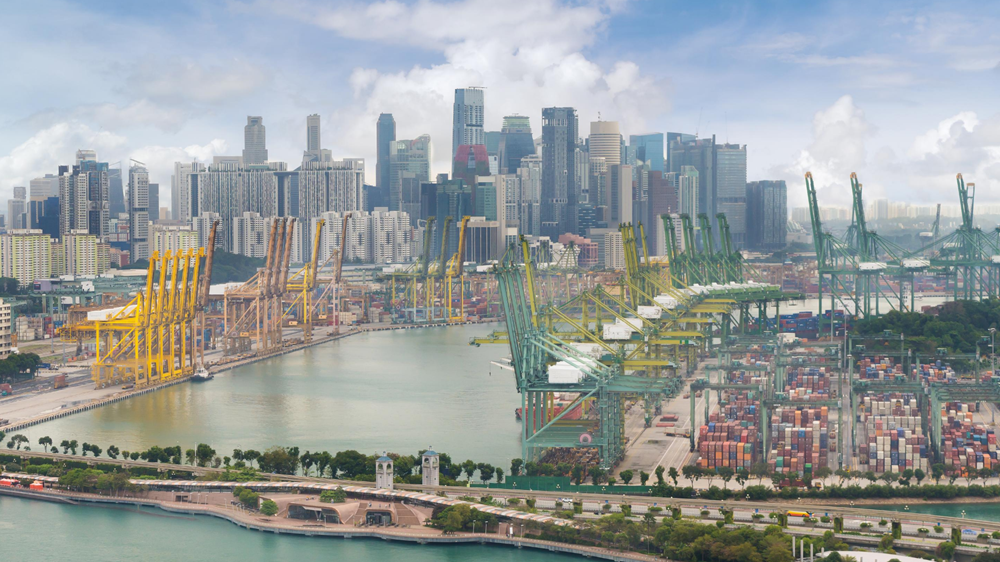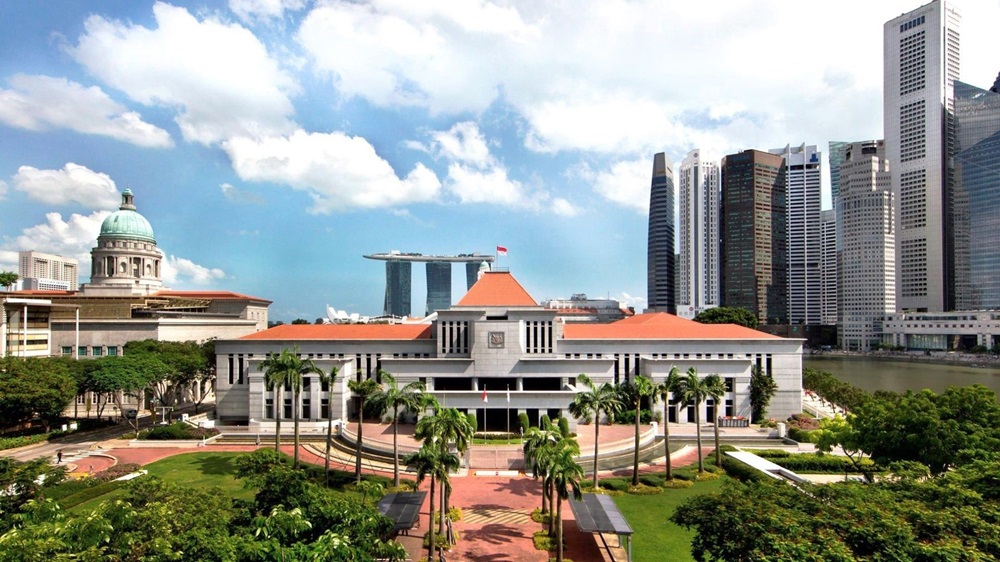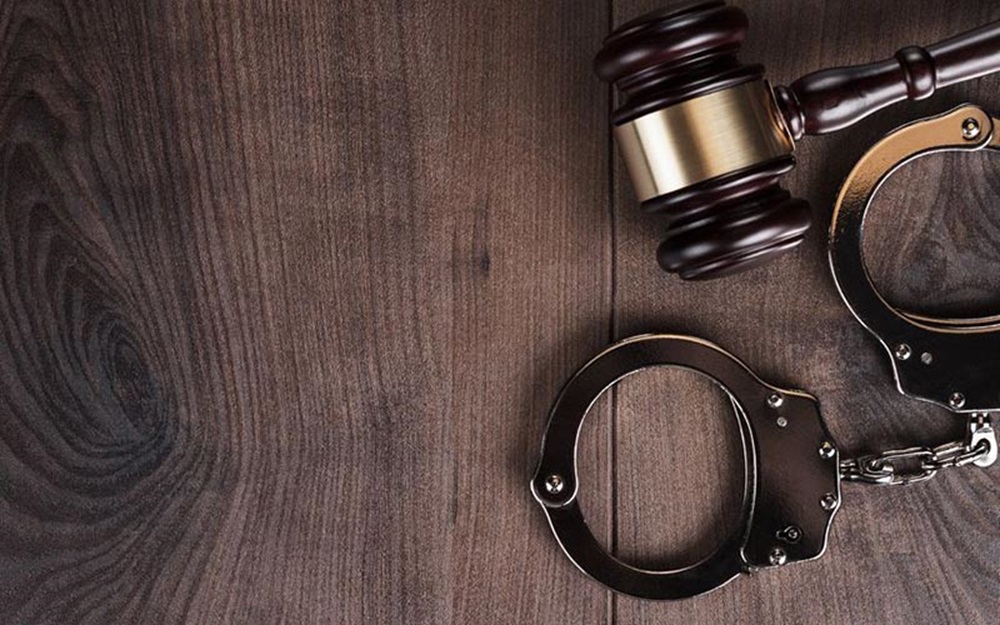
1. What is the Criminal Law (Temporary Provisions) Act (CLTPA) about?
The CLTPA provides for the maintenance of public safety, peace and good order. This is done through the detention and supervision of persons associated with activities of a criminal nature, via the issuance of Detention Orders (DOs) or Police Supervision Orders (PSOs). The powers under the Act have been used judiciously, and only in cases where prosecution in court was not possible, for example, when witnesses were unwilling to give evidence in court for fear of reprisals.
It has been used to deal swiftly and effectively with people associated with secret societies, as well as organised criminal groups such as drug trafficking and loansharking syndicates, among others. The Act has contributed to keeping such serious crimes under control, ensuring the safety and security of Singapore.
The CLTPA has been in force since 1955. The temporary nature of the CLTPA refers to the sunset clause which requires the Government to seek Parliament’s endorsement every five years, each time it wishes to have the CLTPA renewed.
2. Why use the CLTPA when there are legislations for those crimes?
Prosecuting offenders in court is always the preferred course of action. However, there are instances when court prosecution is not possible, such as when accomplices and witnesses are unwilling to testify in court for fear of reprisals. The CLTPA is thus used as a last resort against offenders in such instances.
3. What are the latest amendments made to the CLTPA?
The latest amendments to the CLTPA were passed in Parliament on 6 February 2018. Other than extending the CLTPA for another 5 years from 21 October 2019, other key amendments include the introduction of a new Fourth Schedule into the Act, which lists the types of criminal activities for which the Minister for Home Affairs can make orders for detention or Police supervision. Another key amendment was the codification in law that the Minister’s decisions on the issuance of orders are final.
4. Is this clause on the finality of the Minister’s decisions new? Does it take away judicial review?
The principles underlying the proposed clause in the CLTPA for the finality of the Minister’s decisions are not new. The Court of Appeal has held that Parliament can decide to entrust the power to the Minister to establish the facts of a case, apply those facts to the relevant rules and considerations, and exercise his discretion. The proposed clause is intended to crystallise this current position that the courts have already ruled on.
The finality clause and other amendments do not affect the courts’ power of judicial review. The courts still retain the power to review the Minister’s decisions under the CLTPA, based on the traditional tests of illegality, irrationality, and procedural impropriety.
5. What are the safeguards in place to prevent abuse of the CLTPA?
The CLTPA contains various safeguards. For example, the Public Prosecutor’s consent has to be obtained before any Detention Order (DO) or Police Supervision Order (PSO) is made, and every DO and PSO must be reviewed by an independent Criminal Law Advisory Committee, comprising prominent private citizens, including Justices of the Peace, former judges and senior lawyers, after which, it will make its recommendation to the President. From March 2018, the Criminal Law Advisory Committees, which review orders made by the Minister under sections 30 and 32, will be chaired by sitting Judges of the Supreme Court of Singapore. This will make the checks and balances in the CLTPA process even more robust.
This article is accurate as of Feb 2018. For latest updates, head over to www.mha.gov.sg.
RELATED ARTICLES
We use cookies to tailor your browsing experience. By continuing to use Gov.sg, you accept our use of cookies. To decline cookies at any time, you may adjust your browser settings. Find out more about your cookie preferences here .










